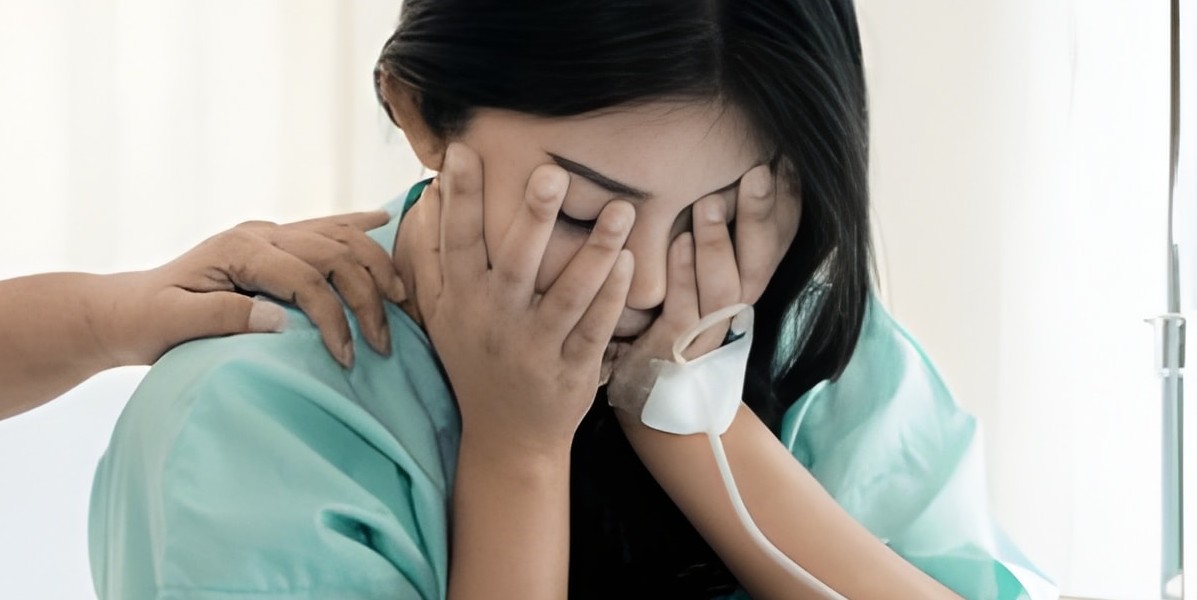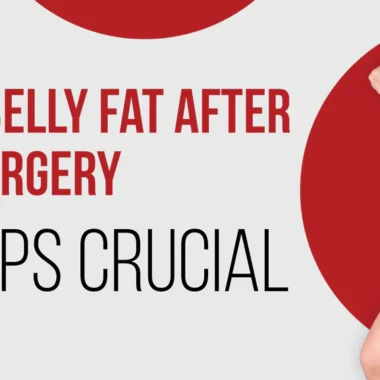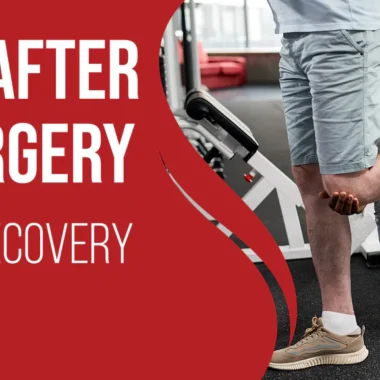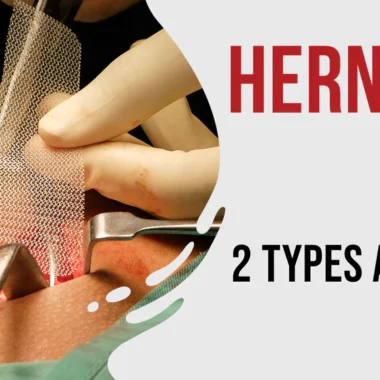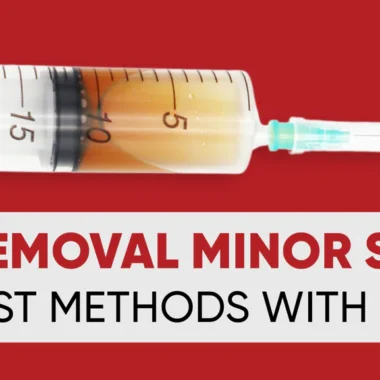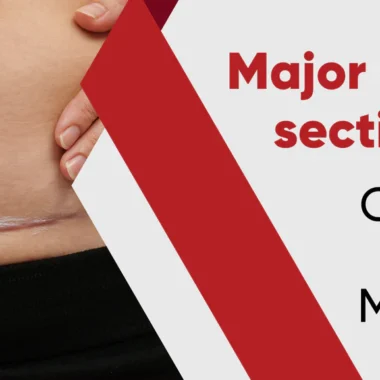It's common to feel down or sad after a minor surgery. The feelings of depression that follow can be pretty challenging to deal with, and if not adequately addressed, can lead to more complicated mental health problems.
Depression can be a potential side effect of minor surgery. It's crucial for people undergoing surgery to be aware of this possibility and recognize the signs. Though the causes may differ, the symptoms and implications are often similar.
We'll discuss what causes depression after minor surgery and how to recover successfully.
Depression after Minor Surgery: 3 Reasons
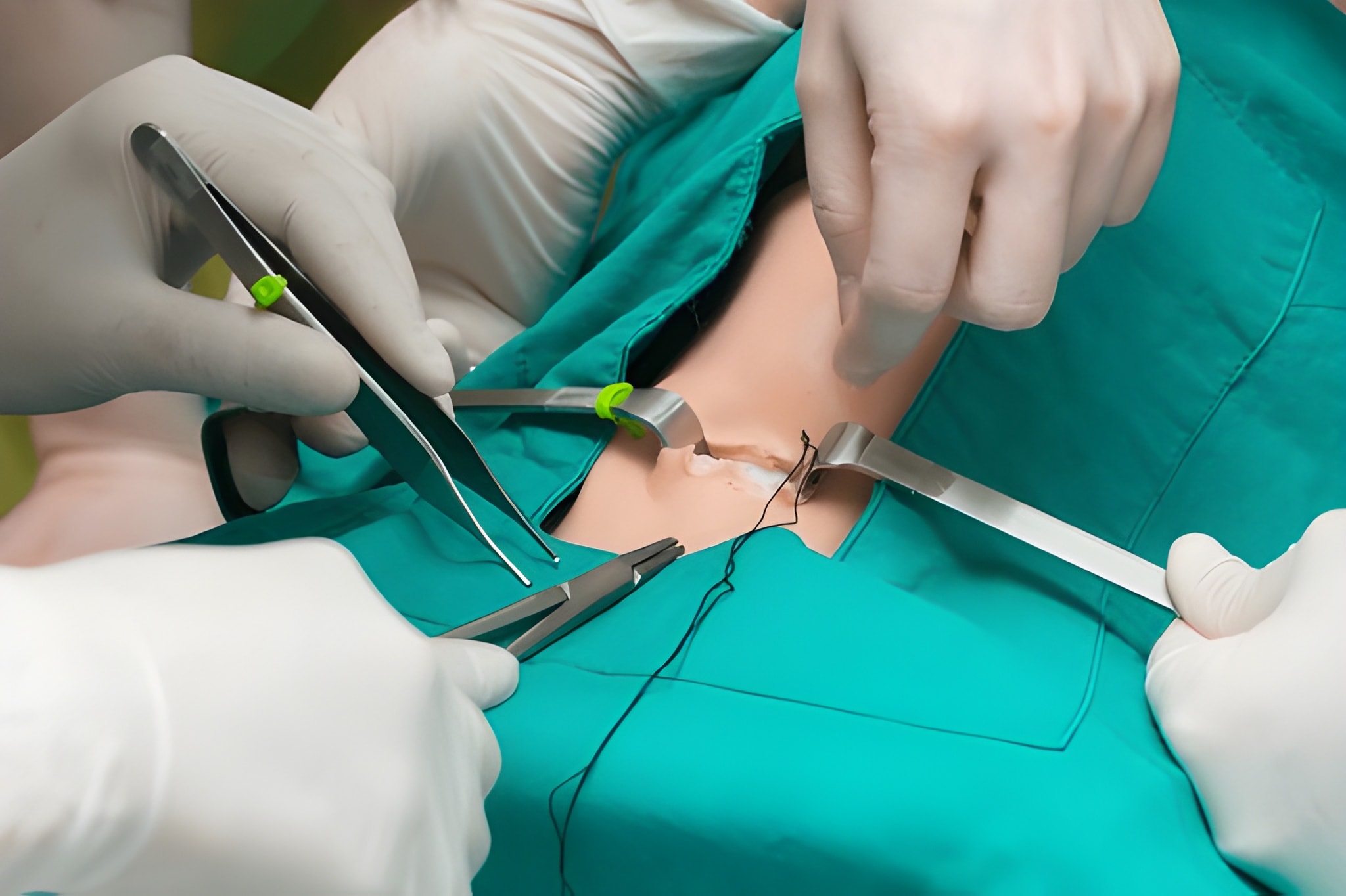
While most people can resume their normal activities within a few days or weeks, some may experience symptoms of depression and anxiety. We explore the various factors contributing to depression after minor surgery.
Medical Factors
Pain and Discomfort
Many patients share the experience of pain and discomfort following surgery which can contribute significantly to depression. Depression is one of the most common side effects of chronic pain and discomfort, making patients feel hopeless.
Medication Side Effects
Several medications used to manage pain and other symptoms following surgery can contribute to changes in mood and depression.
Physical Limitations and Recovery Time
There is a time delay in healing after surgery, and some patients may be limited in their ability to perform their daily activities. Sometimes, this can cause feelings of frustration and depression.
Psychological Factors
Anxiety and Fear Before and After Surgery
A great deal of stress and emotional exhaustion can result from the anxiety and fear patients experience before surgery and its side effects, leading to depression.
Loss of Control and Independence
Surgery often requires patients to give up control and independence, which can be distressing for many patients. A sense of loss and dependence may trigger feelings of depression.
Negative Body Image and Self-Esteem Issues
Post-surgery, patients may feel self-conscious about their bodies and experience changes in physical appearance. This can lead to feelings of sadness, low self-esteem, and depression.
Social Factors
Lack of Support from Family and Friends
The recovery process after surgery can be isolating and lonely, especially if you do not have the support of family and friends to help you through the situation. The lack of support can increase the risk of depression because of this.
Stigma or Misunderstanding from Others
Patients may encounter stigma or misunderstanding from others who have little knowledge about the recovery process or who judge the patient for undergoing surgery. This can create feelings of hopelessness and despair.
Disruption of Daily Routines and Activities
Surgery can disrupt daily routines and activities, adding stress to a challenging situation. This can contribute to feelings of anxiety and depression.
Minor Surgery Depression: 2 Impact
Depression can significantly affect a person's physical and emotional well-being. Here are some of the most common effects of depression after minor surgery.
Physical Consequences
- Slower Healing and Higher Risk of complications: Depression can significantly slow healing after minor surgery. This decrease in healing speed can lead to a higher risk of developing complications such as infections.
- Decreased Energy, Appetite, and Immune Function: Depression can cause a decrease in energy levels, leading to physical exhaustion and sluggishness. Also, it can reduce the appetite, leading to poor nutrition and, thus, weaker immune function.
- Increased Pain Sensitivity and Chronic Pain Symptoms: Depression can worsen pain sensitivity, leading to more severe chronic pain symptoms. This impact may be because depression can cause changes in how our body signals pain.
Emotional Consequences
- Social Withdrawal and Isolation: A significant emotional impact of depression after minor surgery can be social withdrawal and isolation from family and friends. This isolation can worsen depression symptoms, leading to adverse health outcomes.
- Loss of interest or pleasure in activities: Depression after minor surgery can lead to a loss of interest and pleasure in once-enjoyable activities such as hobbies, work, and even family activities.
- Guilt, Shame, or Self-blame for Feeling Depressed: Patients may feel guilty or ashamed for feeling depressed after minor surgery, thinking they should be able to deal with the situation more effectively.
Depression after Minor Surgery: Tips to Prevent It
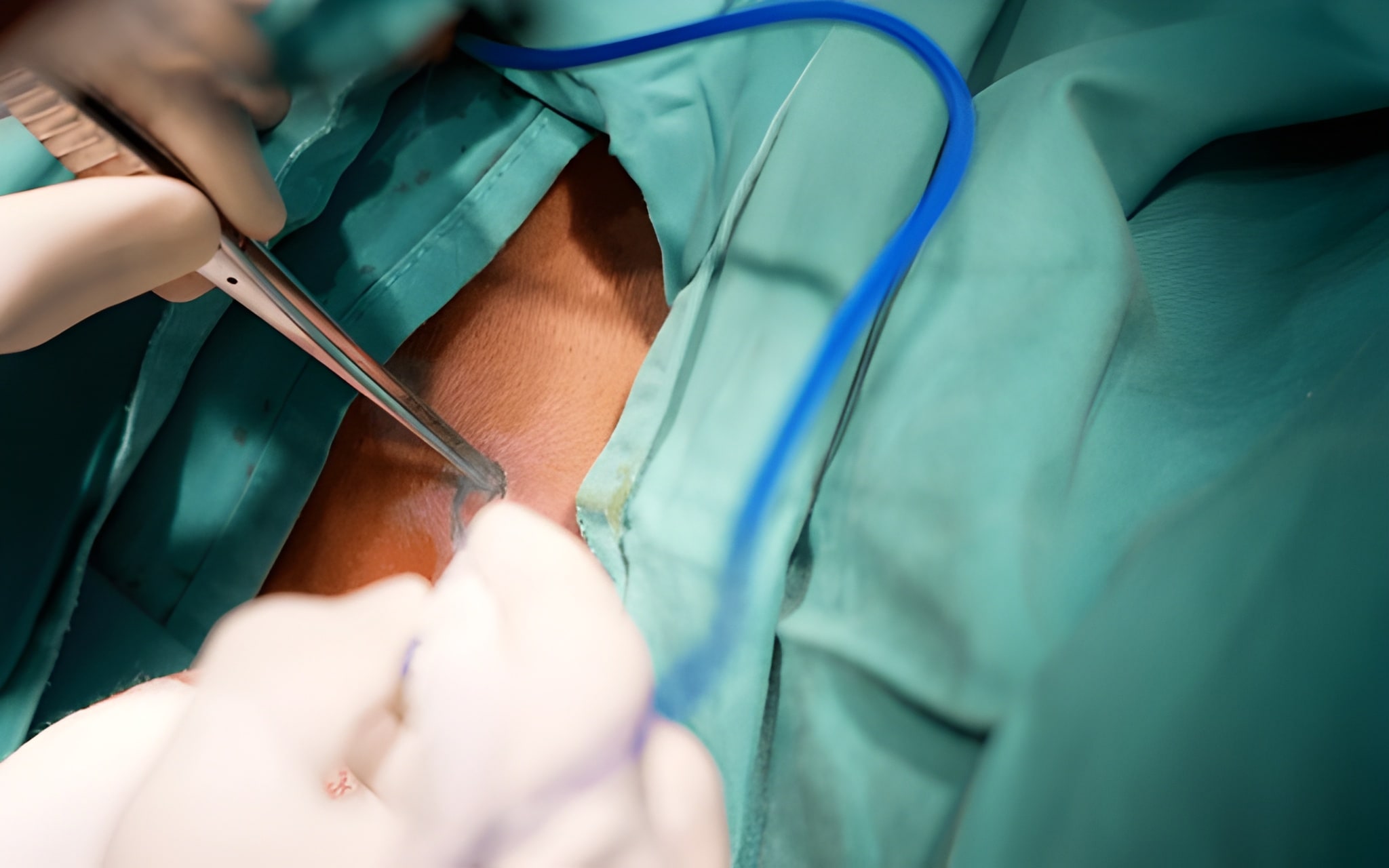
The risk of developing depression or other mental health issues because of the surgery. While this is not always the case, it is essential to be aware of the potential for these difficulties and take steps to prevent them. Here are some tips for preventing depression after minor surgery:
Pre-Operative Interventions
Before the surgery, specific actions can be taken to help prevent depression. Such as
- Education and Preparation: Learning and gaining insights about the surgery and its aftermath can help ease the anxiety and stress about the surgery.
- Relaxation and Stress Reduction Strategies: Relaxation techniques like meditation, deep breathing exercises, or yoga can help lower stress levels and prepare the mind and body for surgery.
- Social Support and Encouragement: The presence of a support system, including family members, friends, or healthcare providers, can have a significant impact on the fear and anxiety related to the surgery.
Post-Operative Interventions
After the surgery, the following interventions can help prevent or reduce depression:
- Pain Management and Symptom Control: Proper pain management and symptom control can help reduce the risk of depression. This may require medication, physical therapy, or other techniques to manage pain.
- Psychological Counseling and Therapy: Therapy can help patients cope with their emotions' physical and emotional effects and receive help to cope with the physical and emotional challenges of the surgery.
- Medication or Other Medical Treatments, if Necessary: In some circumstances, drug or medical treatments may be needed to help manage the symptoms of depression.
Conclusion
Depression after minor surgery is an important issue that needs to be addressed with the same attention and care as the physical aspects of the procedure. Patients must have the information and resources to manage their mental health effectively. It is crucial to recognize the symptoms of depression and seek help from healthcare professionals.
Patients can recover from minor surgery without compromising their mental health with proper support and care. We hope this blog post has provided valuable information on addressing depression after minor surgery and guidance on managing it.
FAQs
The effects of anesthesia, antibiotics, pain medications, and lack of sleep due to discomfort may all contribute to depression. Also, your body exerts much energy while recovering, which can drain you.
You had a lesion removed today, which is known as minor surgery. You should keep the initial dressing dry and in place for 24 to 48 hours after your minor surgery. The dressing may be removed and left open to the air, or the sauce may be used for recovery.
Your operation may be followed by some emotional changes, such as mood swings, depression, becoming easily upset, and a lack of energy. They can last for a short time and are usually related to anesthesia.
Exercise and strenuous activity should be avoided for two weeks following your procedure. The risk of bleeding and increased swelling increases with any activity that increases your heart rate and blood pressure. To minimize swelling after facial procedures, it may be beneficial to elevate your head on 2 to 3 pillows while sleeping.

